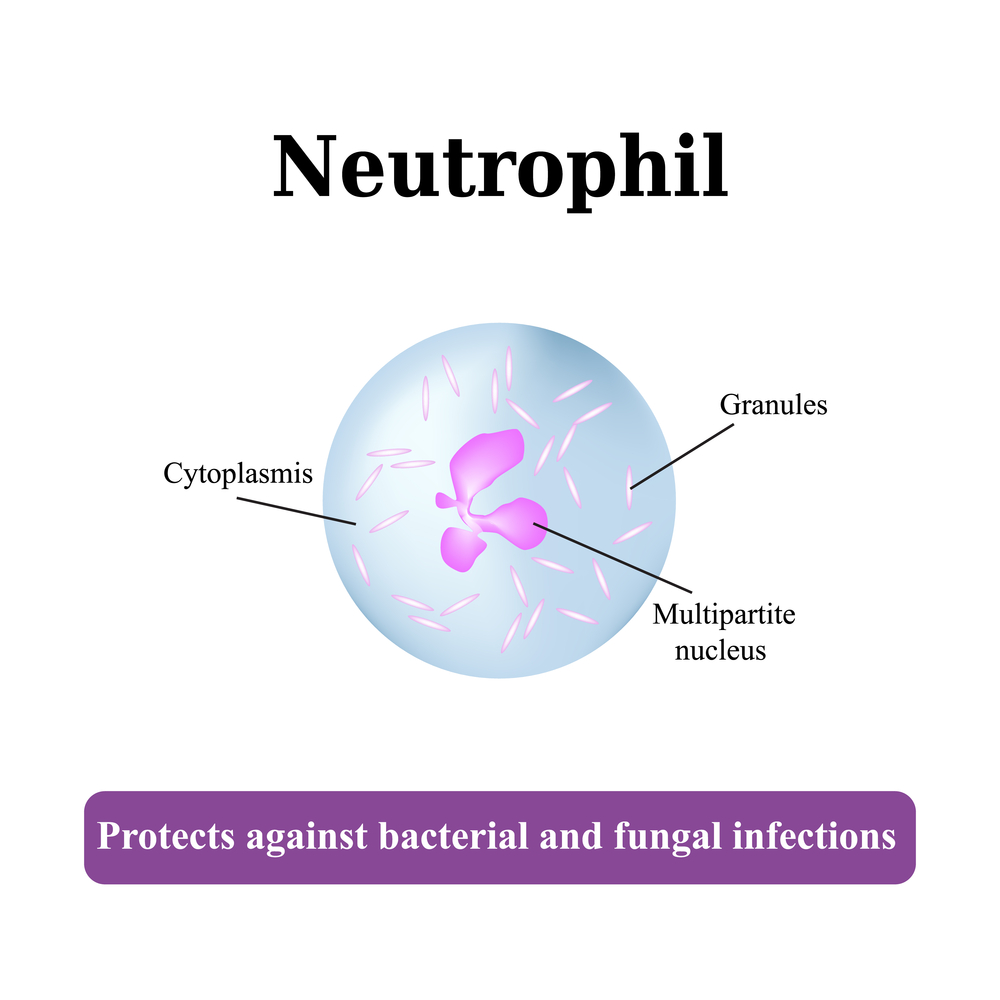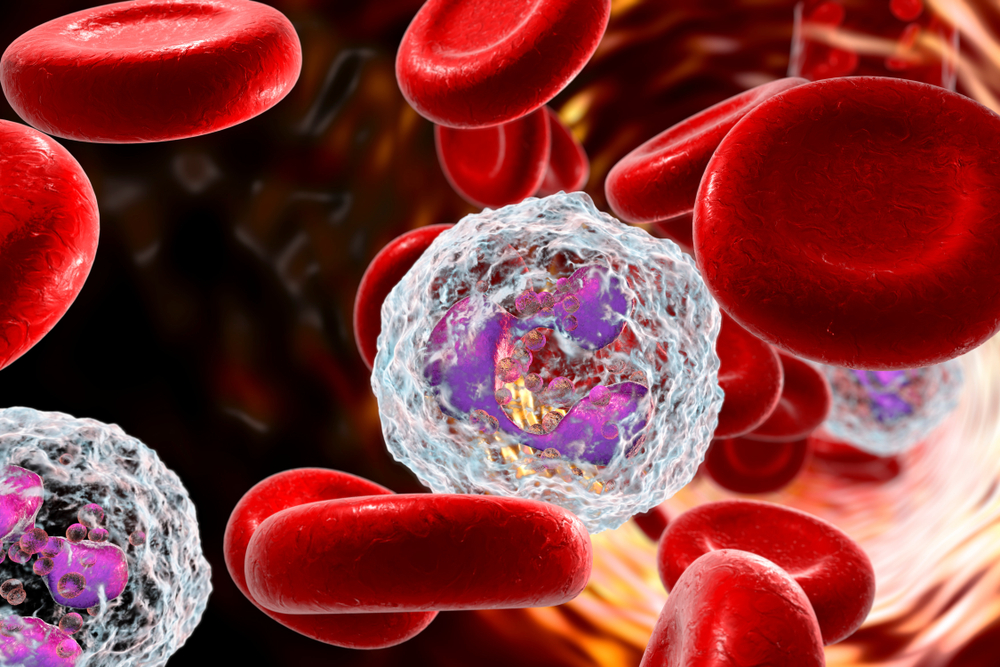The Vital Role of Neutrophils in Immune Defense
Neutrophils are vital immune cells that protect against bacterial infections through rapid response and destruction mechanisms. They develop in bone marrow and constitute a major part of white blood cells. Imbalances like neutropenia can impair immune defense, caused by genetic factors, infections, or treatments. Understanding their functions helps in managing autoimmune diseases and infections, highlighting their importance in overall health. This article explores the structure, functions, and clinical significance of neutrophils in maintaining immune balance.

The Vital Role of Neutrophils in Immune Defense
Neutrophils are crucial cells within our immune system, responsible for defending against bacterial infections. These cells develop in the bone marrow and make up a majority of white blood cells, accounting for up to 70%. They are highly mobile, swiftly responding to infection sites through chemotaxis and engaging in mechanisms such as phagocytosis and NET formation to eliminate pathogens. Although effective against bacteria, neutrophils are less capable of fighting viruses. Imbalances, like low neutrophil levels—neutropenia—can weaken immune defenses and result from various congenital or acquired causes.
What are neutrophils?
Produced in the bone marrow, primarily in long bones and hips.
Originating from stem cells, neutrophils are polymorphonuclear cells with lobed nuclei.
Named for their neutral pink staining properties.
The bone marrow dedicates a significant portion—about 50-60%—to their production.
Typical blood levels range from 40% to 70% of white blood cells.
Understanding neutropenia
Refers to decreased neutrophil counts, compromising immune defense.
Caused by genetic factors, infections, medications, or treatments like chemotherapy.
Common causes of neutropenia include:
Genetic disorders such as Kostmann's syndrome and myelokathexis.
Medical interventions including chemotherapy and radiation therapy.
Infections such as HIV, hepatitis, tuberculosis, and parasitic diseases, along with vitamin B12 deficiency.
Sepsis leading to rapid depletion of neutrophils.
Other causes involve leukemia, autoimmune conditions, certain drugs, and hypersplenism.
Functions of neutrophils
Attack bacterial invaders by migrating from circulation to infection sites.
Respond quickly via chemotaxis, guiding their movement through chemical signals.
Demonstrate neutrophil swarming, a coordinated immune process involving cell communication.
Kill bacteria by engulfing pathogens and releasing antimicrobial chemicals.
Form neutrophil extracellular traps (NETs) that trap and destroy bacteria more effectively.
Neutrophils and autoimmune health
Excessive neutrophil activity can cause tissue damage and inflammation.
They play a role in autoimmune diseases like atherosclerosis by damaging tissue and promoting lesion formation.
Recent studies link neutrophils to the production of autoantigens, affecting disease progression.


